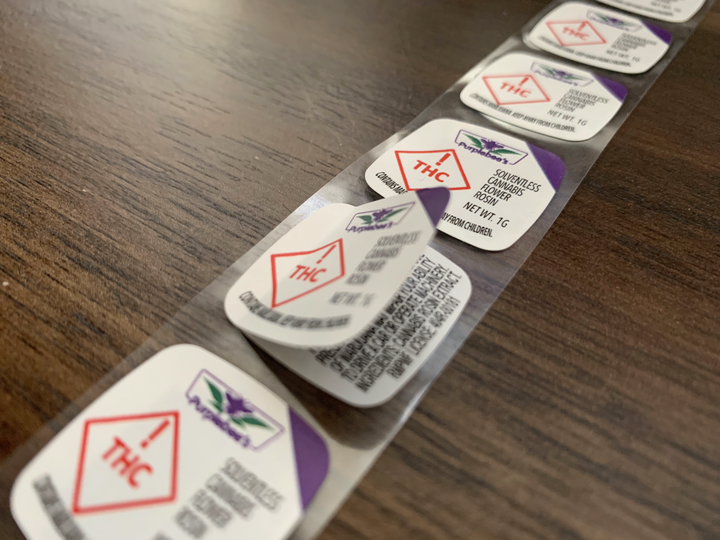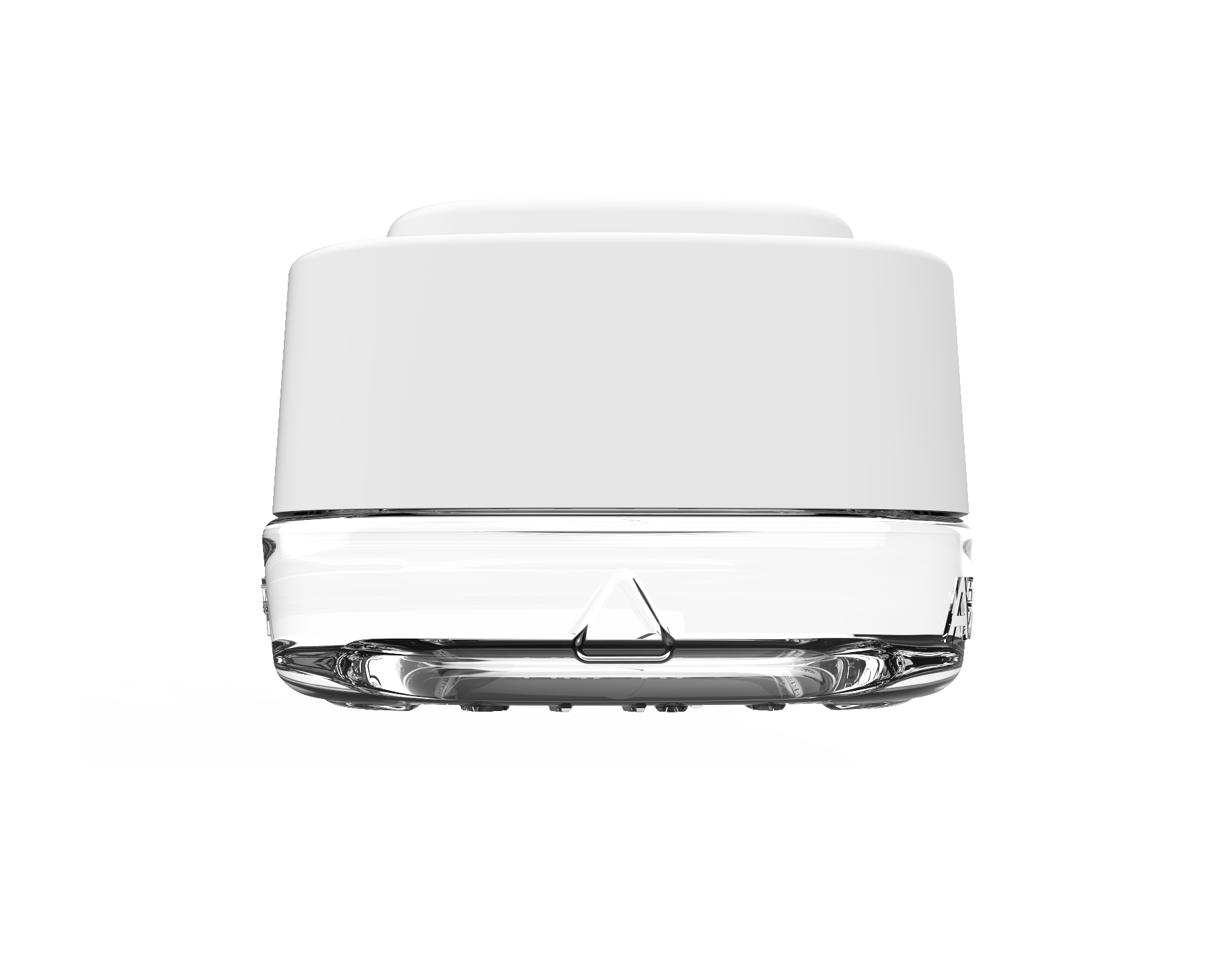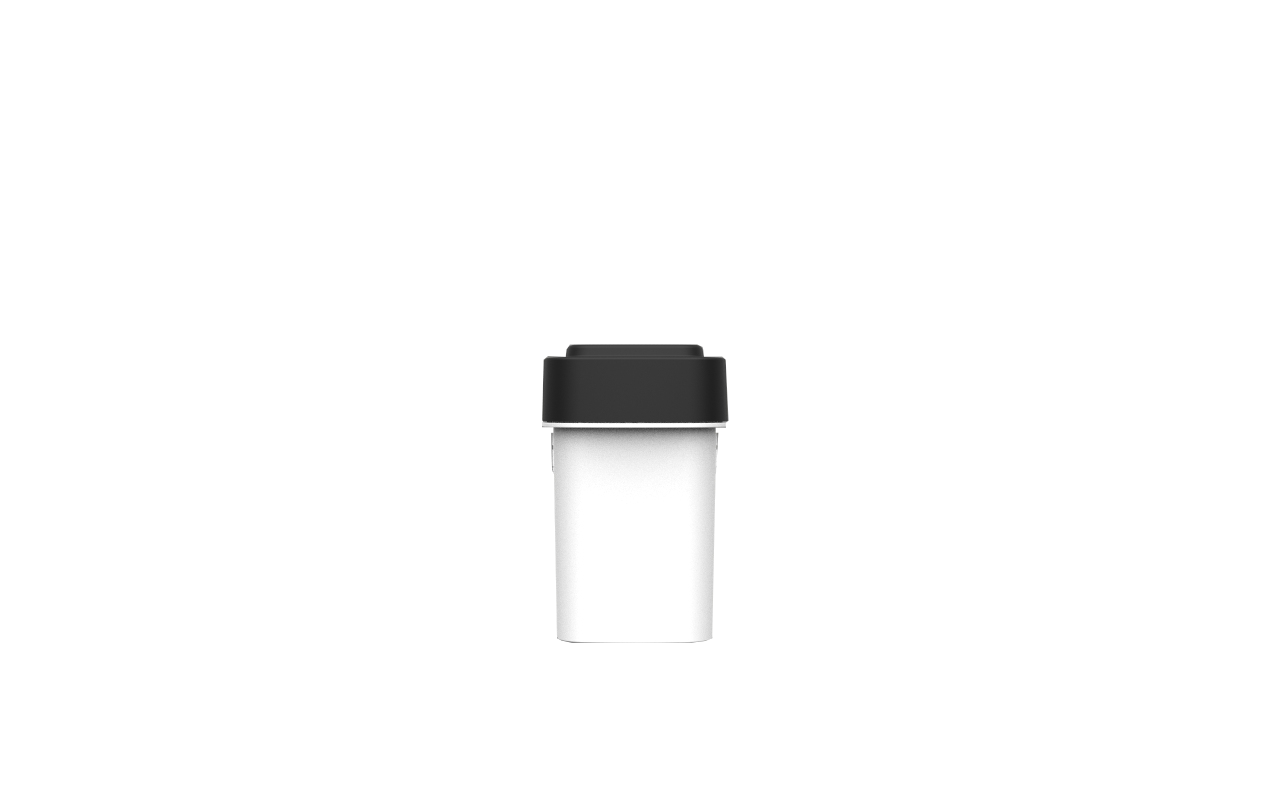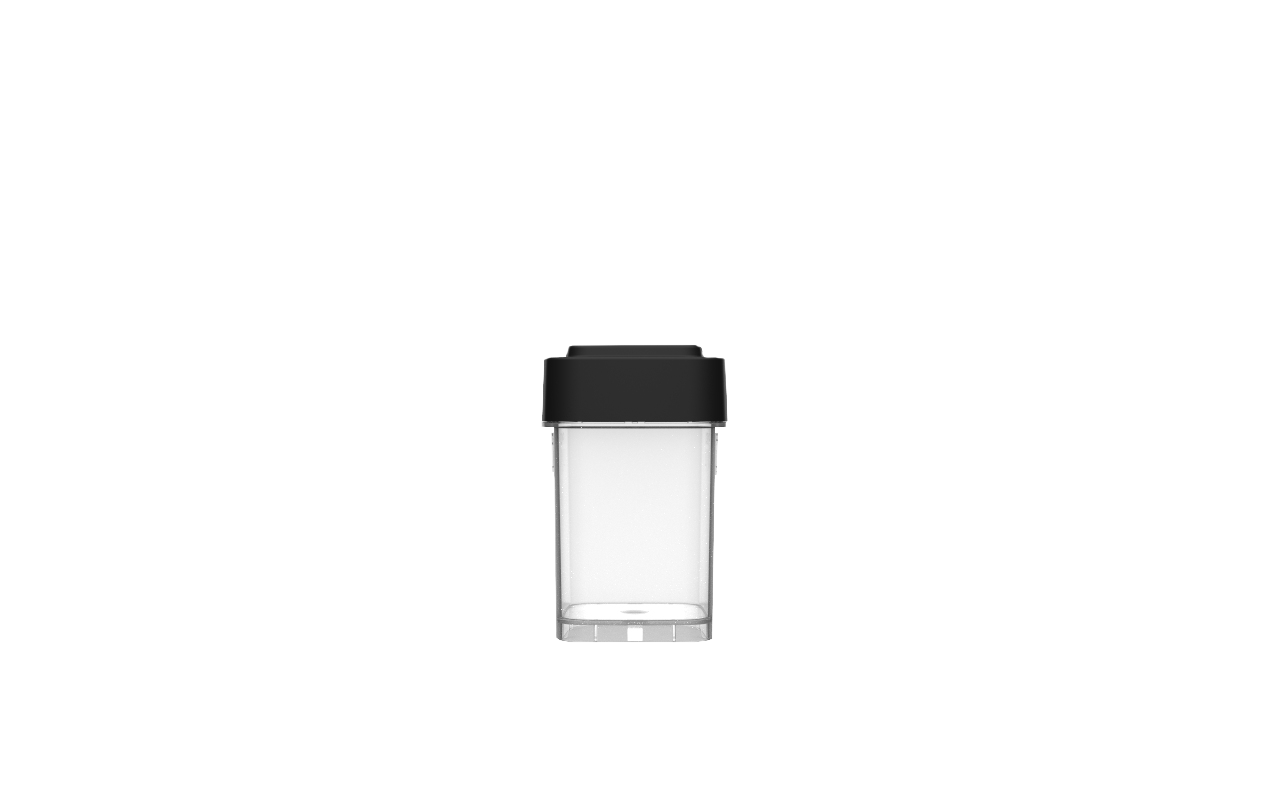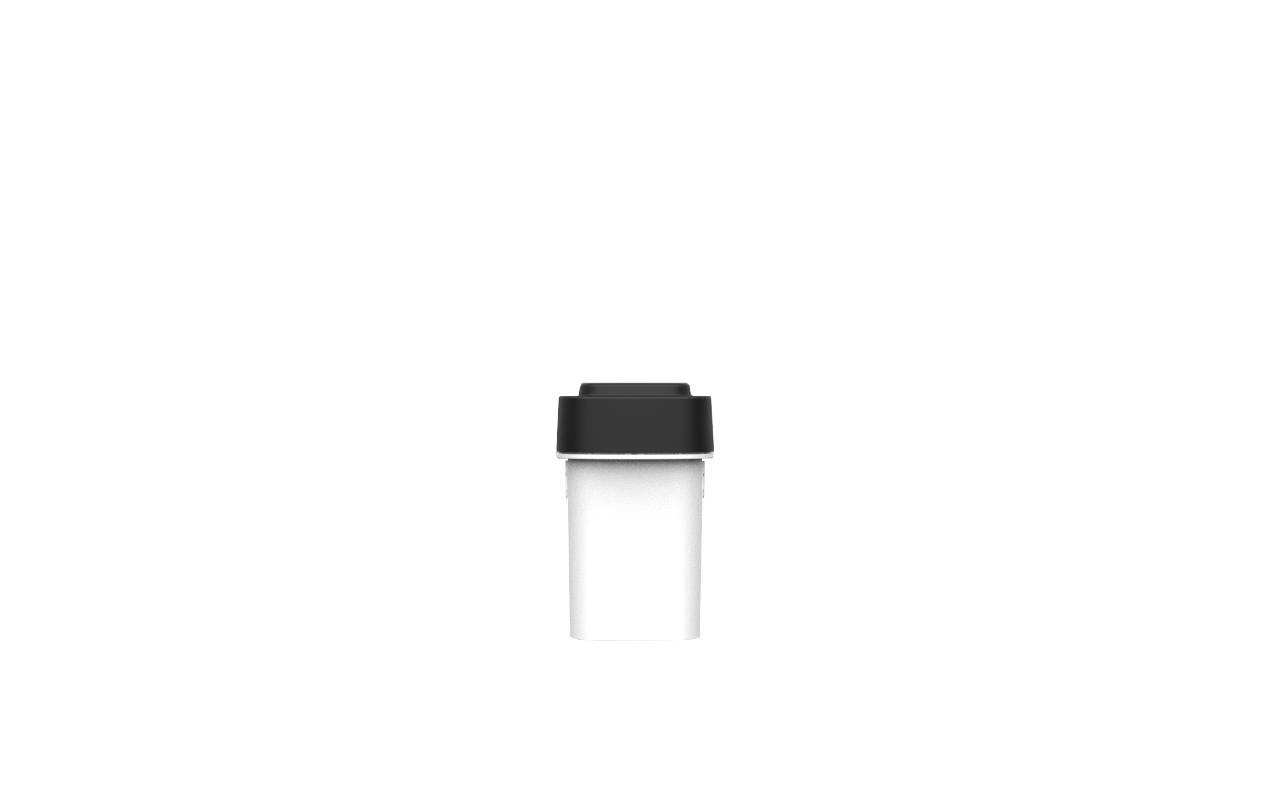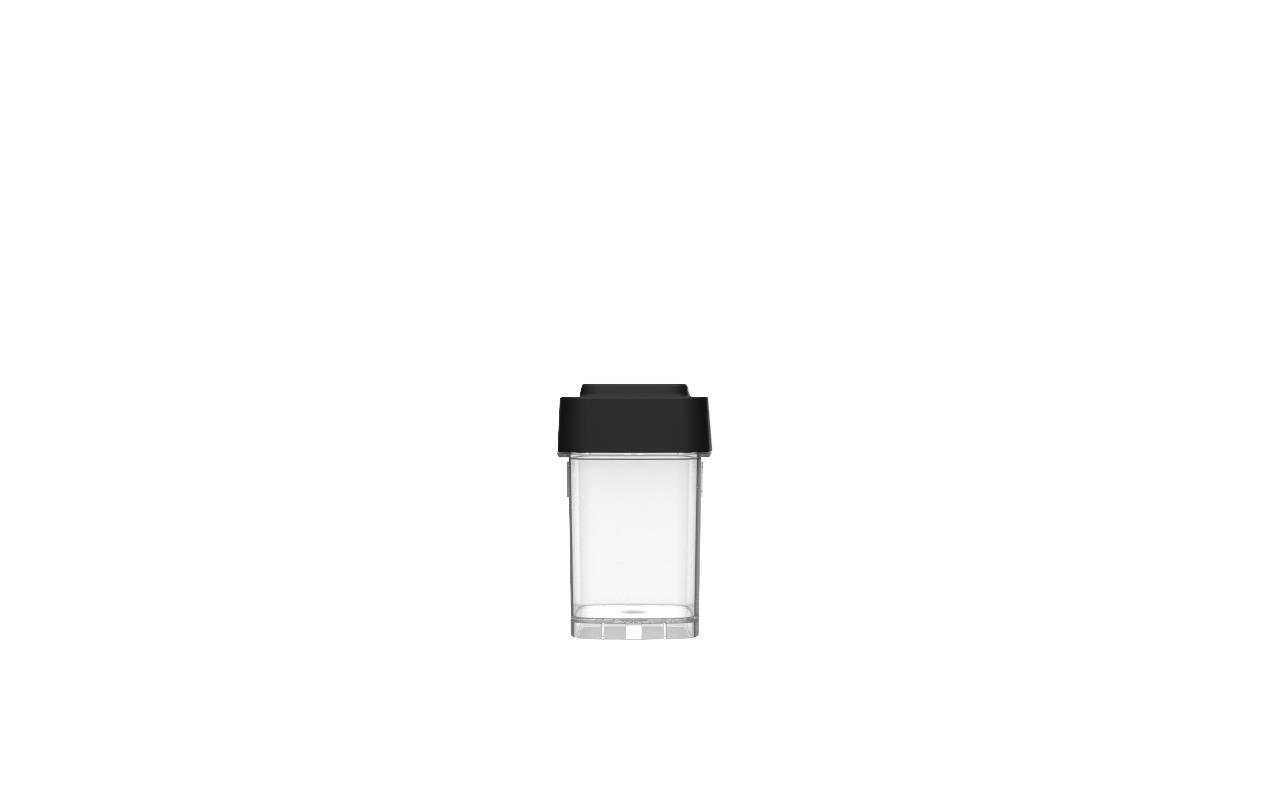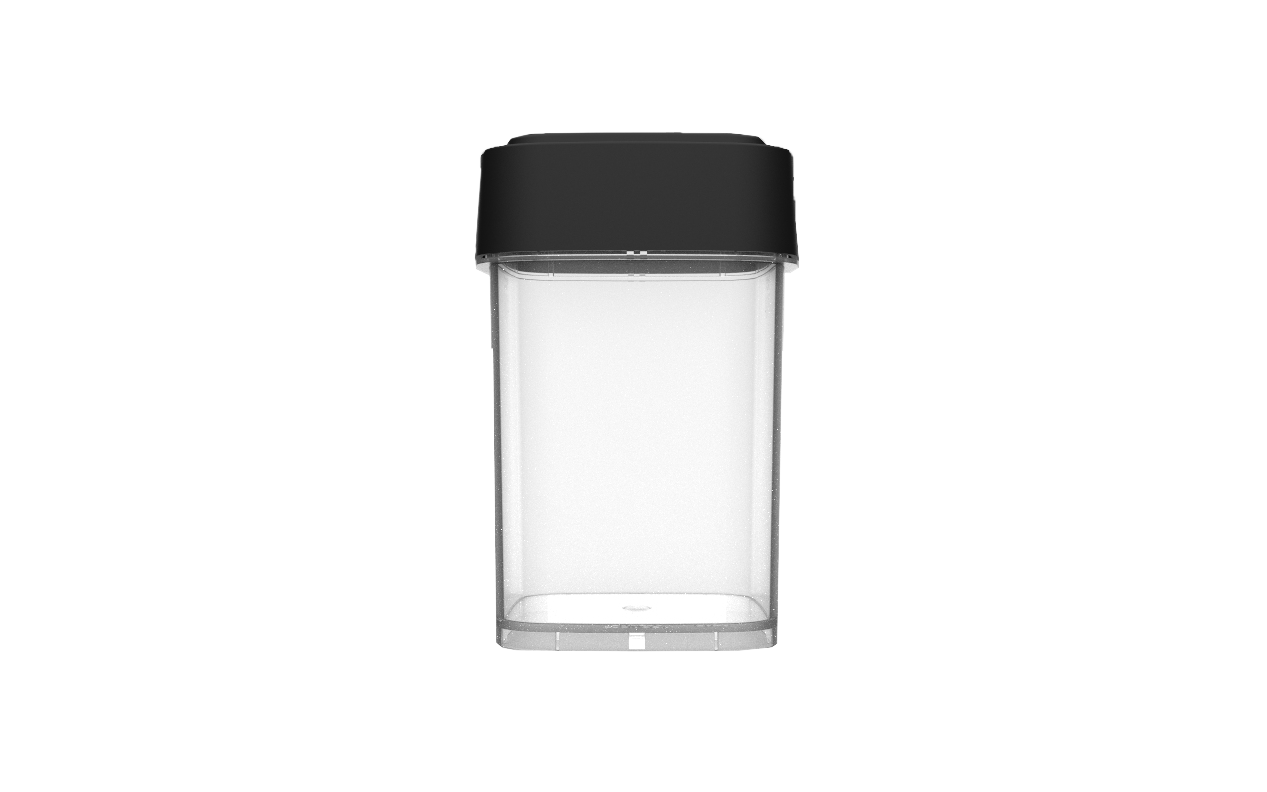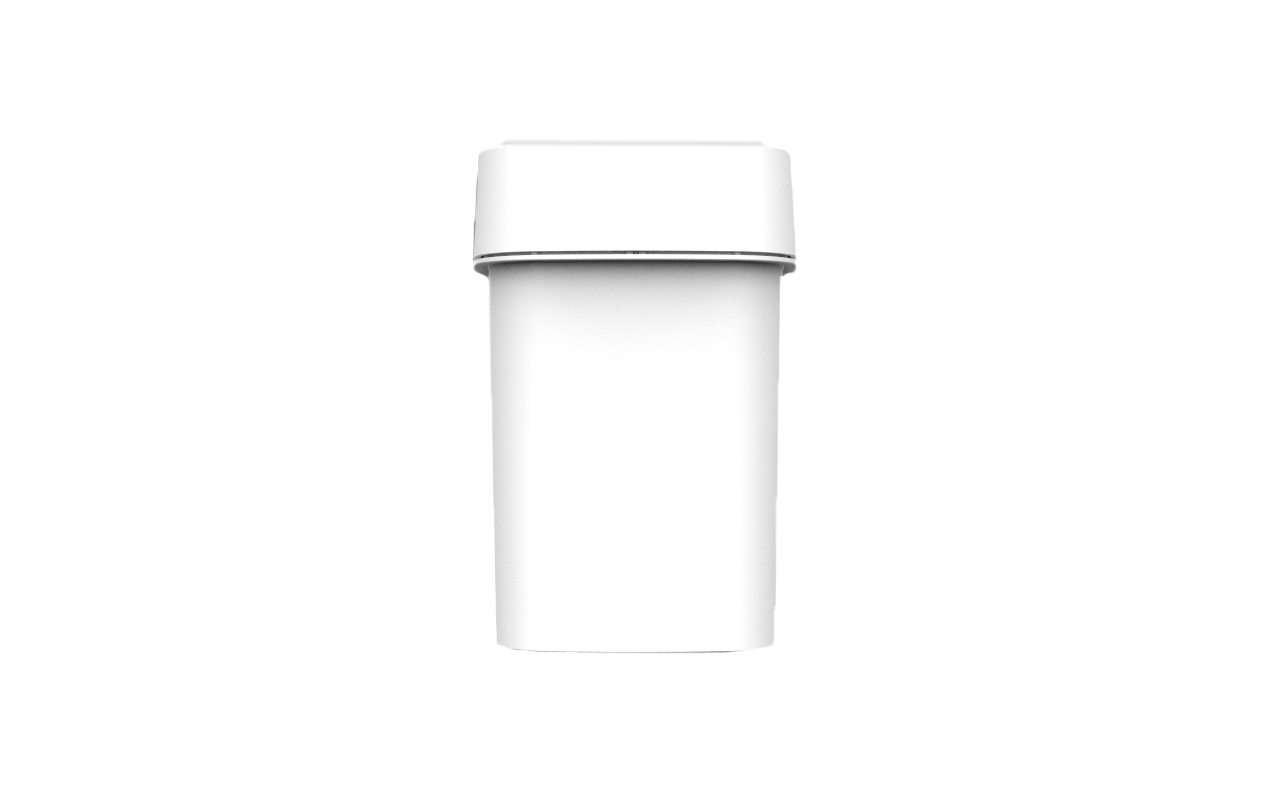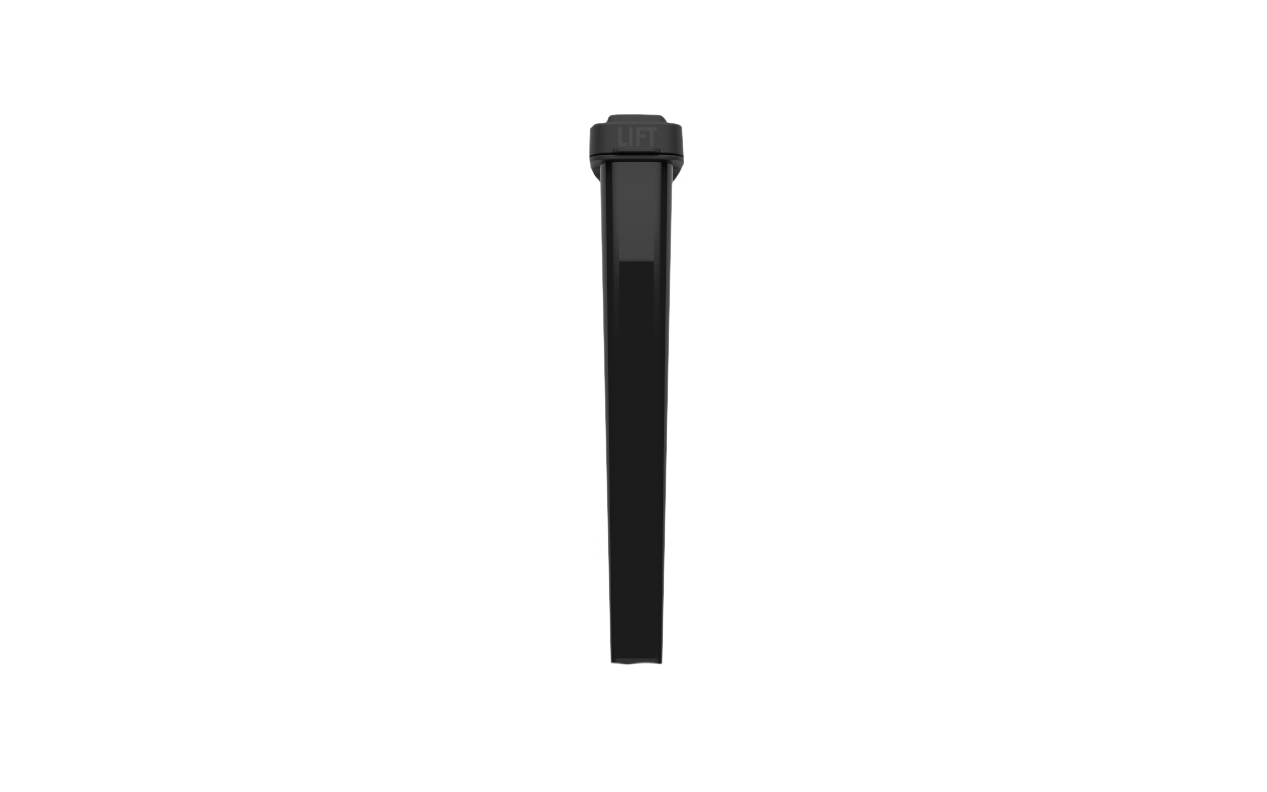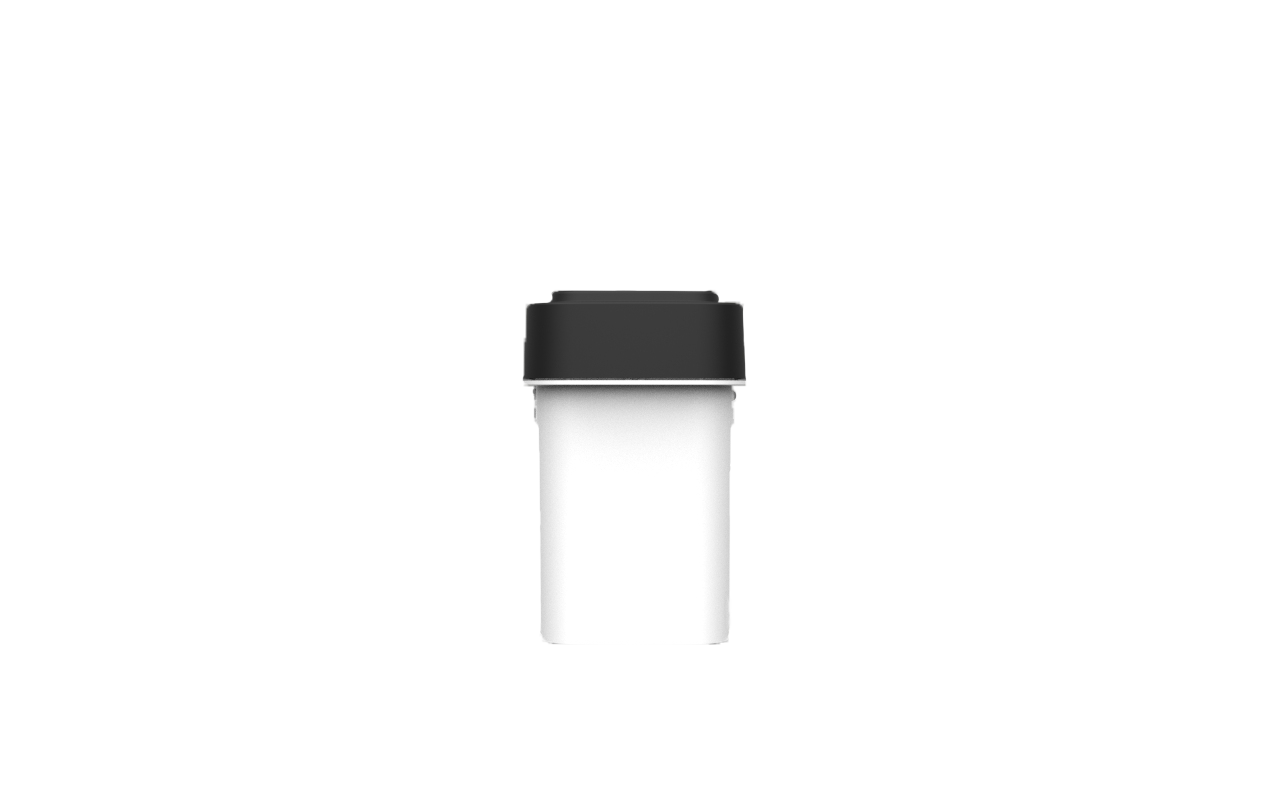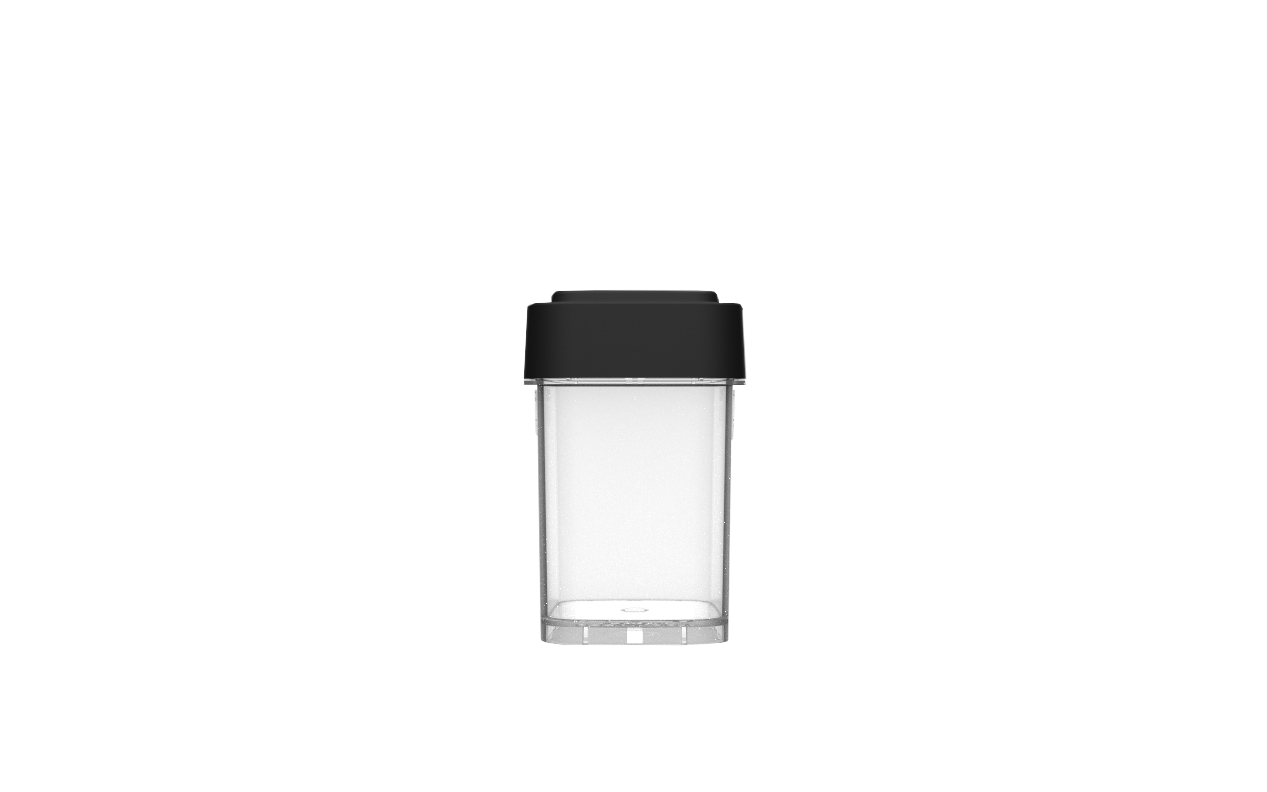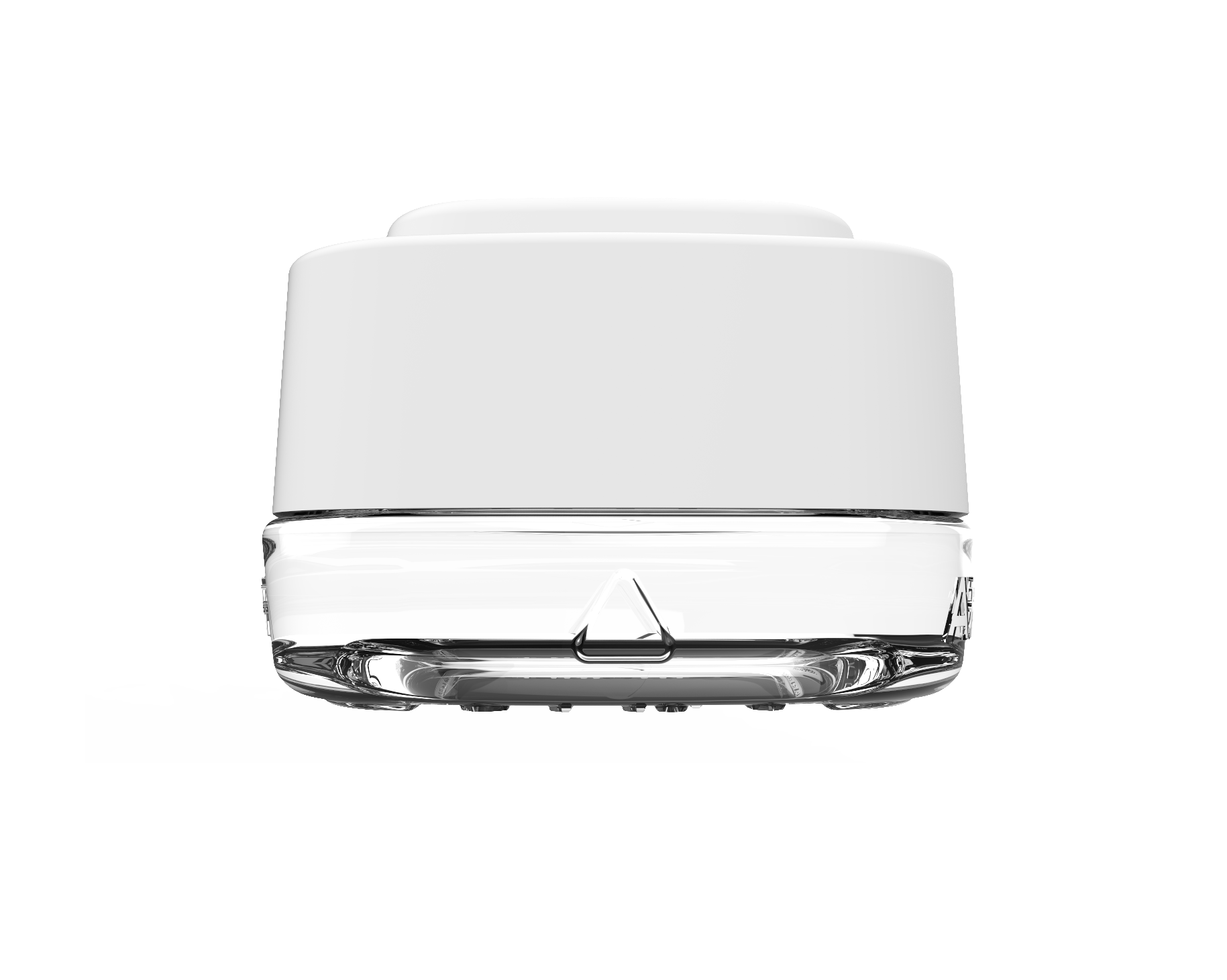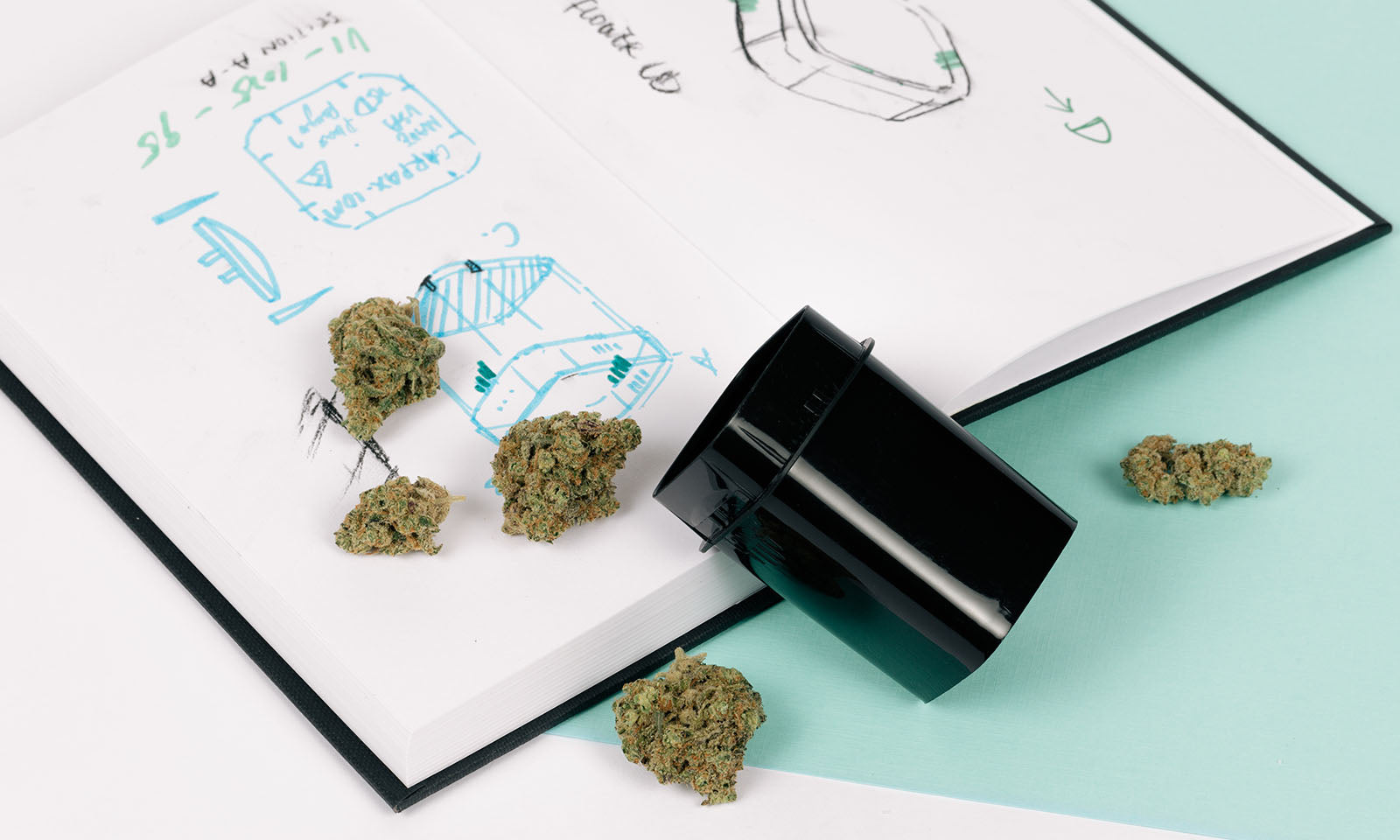Why Cannabis Warning Labels Matter
As the cannabis industry continues to grow, so does the complexity of regulatory requirements, especially when it comes to labeling. One of the most critical components of a cannabis product’s packaging is the cannabis warning label, a mandatory element designed to protect public health, ensure consumer safety, and communicate essential product information.
Whether you’re launching a cannabis brand or expanding your SKU lineup across multiple states, understanding the role and requirements of cannabis warning labels is essential. In this guide, we’ll explore what cannabis labels must include, how warning labels vary by jurisdiction, and why compliant labels are the key to staying in business.
A cannabis warning label is more than a legal requirement, it’s a consumer safety tool. These labels inform users of potential health risks, guide proper usage, and help prevent unintentional consumption, especially among minors. Like pharmaceutical or alcohol warnings, they are a core part of responsible product marketing and public health protection.
In regulated markets, failing to use the correct cannabis warning label can lead to serious consequences, including:
- Product recalls
- Fines or license suspensions
- Distribution delays or product bans
- Damage to consumer trust
With so much at stake, getting your cannabis labels right from the start is crucial.
What Must Be Included on a Cannabis Warning Label?
Label requirements vary by jurisdiction, but there are several common elements typically required on compliant labels:
1. Universal Cannabis Symbol
Most states require a cannabis-specific symbol to indicate that a product contains THC and may cause intoxication. These symbols are usually:
- Brightly colored (often red or yellow)
- Accompanied by “THC” or “Contains THC”
- Designed to be recognizable at a glance
California, for example, uses a triangle with a cannabis leaf and an exclamation mark, while Colorado uses a diamond-shaped symbol. Some states also require different symbols for products intended for medical use versus adult-use.
2. Health and Safety Warnings
Cannabis warning labels must include language that warns consumers about the risks associated with cannabis use. This may include:
- “This product contains cannabis and should not be used by children or pregnant women.”
- “Keep out of reach of children.”
- “Do not operate a vehicle or machinery while under the influence of this product.”
- “For adult use only.”
States may provide this language verbatim or allow brands to paraphrase, as long as the intent is clear.
3. THC and CBD Content
Cannabis labels must list the amount of THC and CBD in the product, often both per serving and per package. This helps consumers make informed dosing decisions and compare products easily.
4. Batch and Testing Information
Many states require cannabis warning labels to include:
- Batch or lot numbers
- Testing laboratory names
- Dates of harvest, testing, and packaging
- Results for pesticides, heavy metals, and microbial contamination
This is especially important for traceability and recall readiness.
How Cannabis Warning Labels Vary by State
Unlike alcohol or tobacco, which are federally regulated, cannabis laws are governed at the state level. This means every state has its own rules for cannabis labels — and they can differ significantly.
Here are a few examples:
- California: Requires the universal THC symbol, strict font size rules, and detailed health warnings. Products must also list Proposition 65 warnings if they contain certain chemicals.
- Massachusetts: Requires warnings for pregnant women and specifies layout guidelines for edible products, including allergen and calorie information.
- Michigan: Requires the marijuana product symbol, activation time for edibles, and cautions against use by individuals under 21.
Operators in multi-state markets must create compliant labels for each state, making flexible, custom cannabis labels critical to avoid penalties or distribution delays.
Cannabis Warning Labels on Edibles, Vapes, and Topicals
Labeling requirements also vary based on the product type. Here’s how cannabis warning labels are handled across different formats:
Edibles
- Must include dosage per serving and per package
- Often require warnings about delayed onset (e.g., “Effects may take up to 2 hours”)
- Child-resistant packaging is mandatory
- Some states require nutrition facts panels
Vape Cartridges
- Must display total cannabinoid content and warning symbols
- Labels may need to be heat-resistant or printed with non-toxic inks
Topicals
- Typically require fewer warnings than ingestible products, but must still include THC content and “For External Use Only” language
- May require cosmetic-style ingredient listings depending on the jurisdiction
Compliant Label Materials and Placement
Even the label material and placement can be regulated in the cannabis industry. Here’s what to keep in mind:
- Durability: Labels must stay affixed and legible throughout the product’s lifecycle, even in cold storage (for concentrates) or humid environments (for edibles).
- Peel-Back Layers: Some brands use multi-panel labels or peel-backs to include required information without cluttering the main brand design.
- Font Size and Color Contrast: Most states dictate minimum font sizes (e.g., 6pt or larger) and require high contrast for readability (e.g., black on white).
Why Custom Cannabis Labels Are the Best Path to Compliance
Because cannabis regulations are so dynamic, stock or generic labels rarely work. Custom cannabis labels allow operators to:
- Add state-specific cannabis warning label content
- Include compliance data like batch numbers, expiration dates, and QR codes
- Print in small batches to match changing product SKUs
- Incorporate tamper-evident seals or CR overlays for added protection
How Calyx Containers Supports Compliant Labeling
At Calyx Containers, we understand how crucial compliant labeling is — and how difficult it can be to manage across SKUs, states, and evolving regulations.
Our custom cannabis labels and label services include:
- Labels pre-sized for Calyx jars, drams, and flexible packaging
- Material options that resist oil, cold, moisture, and UV light
- Variable data printing for lab info, batch numbers, and expiration dates
- Peel-back and multi-layer options to meet multi-state compliance
- Design support to align branding with regulatory demands
Whether you’re labeling cannabis flower, vapes, gummies, or tinctures, our team works closely with you to ensure your products stay compliant while looking professional on the shelf.
Final Thoughts: The Value of Compliant Cannabis Labels
In a rapidly evolving market, cannabis warning labels are more than regulatory hurdles — they are essential tools for building consumer trust, protecting public health, and establishing brand credibility. A single labeling misstep can lead to compliance violations, costly reprints, or worse — lost shelf space.
Investing in compliant, custom cannabis labels designed for your specific use case not only protects your operation, but also elevates your product’s presentation and consumer experience.
Looking for a label partner who understands the ins and outs of cannabis compliance? Explore our compliant label capabilities or reach out to our team to get started.
